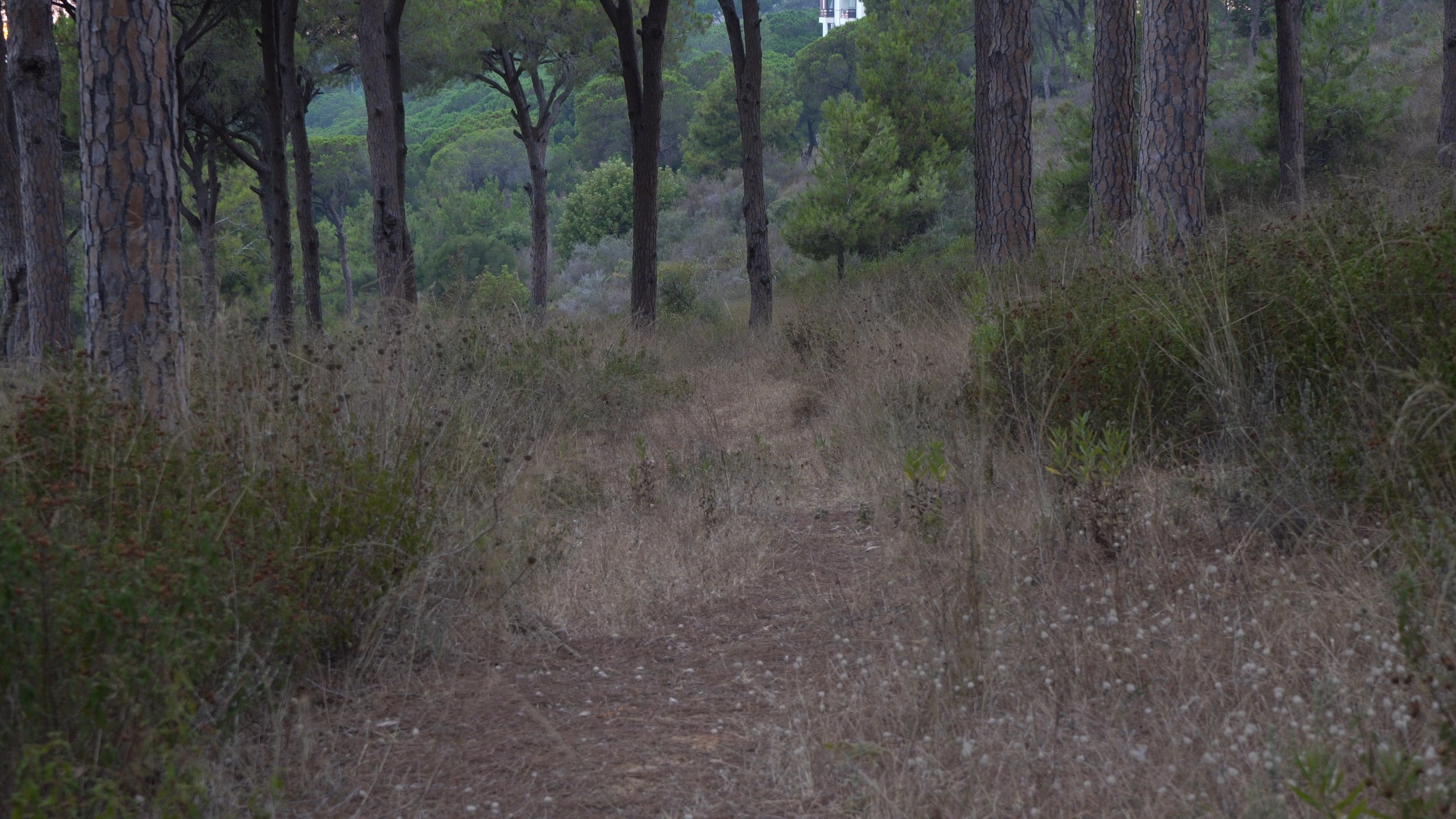
Media
coverage
“Masterfully weaves together past and present without a trace of sentimentality”
You’ll never be able to look at the sea, or anywhere else in Lebanon, the same way after watching The Soil and the Sea.
If you’ve lived in Lebanon or even just visited, you start to remember when you walked past these sites, ashamed that you didn’t know about them, or, if you did know, that you didn’t spare a thought for those buried underneath .” Farah Silvana Kanaan - The Markaz Review
“Unconventional and compelling”
“The Soil and The Sea’s warnings don’t just apply to Lebanon. One day, similar efforts will be undertaken in respect to Syria, where hundreds of thousands of people have been killed during more than a decade of civil war. The same could be said of the deaths and disappearances along the refugee trail to Europe: more than 27,000 people have gone missing in the Mediterranean Sea alone since 2014.” - Patrick Strickland - Middle East Eye
“Haunting, from start to finish”
Unlike the typical documentary format, in which sound and the visuals work in tandem to affirm or reinforce what is being presented, The Soil and the Sea jars that expectation with powerful effect
This format effectively evokes the disconcerting sense of absence, of loss and the vacuum in which life has been forced to continue without closure.” - William Parry - The National
“Successful and powerful, devastating and heartbreaking”
“The Soil and the Sea reminds us that the soil, land, and sea that once witnessed bloodshed and violence, are today nothing more than ordinary areas of Lebanon. These lands do not offer closure, empathy or even reminders that losses were incurred – they are only ever used and re-used, and only the survivors will remember the events they once carried” - Lynn Sheikh Moussa - Beirut Today
“En survolant quasiment tout le pays, paysages et témoignages résonnent et se font écho. C’est un croisement entre la belle nature calme du pays et les propos violents des survivants ou des témoins oculaires de la guerre. Le spectateur ne voit pas de visages mais entend des voix, et l’absence se fait présence même lourde et chahuteuse. Parfois même c’est l’arbre, une église, un mur ou un immeuble qui parleront et raconteront leurs récits”. - Colette Khalaf - L’Orient Le Jour
“Delving into the secret of mass graves in Lebanon”
“A Film of Places. It is through these places that we can register how much has been forgotten and how the country has moved on — but without dealing with what it has moved on from. The places are completely ordinary and, by and large, show no sign of violence. But the voices force us to read them differently, open up a different kind of register — you have to try to put the voice and the image together and that’s difficult, which probably makes you feel the violence in the voices even more”. - Adam Grundey - Arab News
“Rugo’s film takes up the 100-odd mass graves believed to pepper Lebanon’s soil and surviving family members who yearn for closure”. - Jim Quilty - Orient Today